On 8 June 2023, Safe Work Australia Members agreed to develop a national approach to address concerns that gig workers engaged on digital labour platforms are inadequately protected in the event of a work-related injury or illness. Gig workers are generally engaged as independent contractors and typically do not have access to workers’ compensation, unlike employees performing the same kind of work.
Safe Work Australia has worked closely with jurisdictional workers’ compensation authorities, unions, employer groups, gig platforms and gig workers to develop the National policy approach to workers’ compensation and the gig economy.
As Australian workers’ compensation schemes vary in their legislative and operational arrangements, the principles allow schemes to implement changes as best suited for them, while promoting national consistency. They also reflects the evolving landscape of the gig economy, including ongoing reforms in some schemes, and affirm that workers’ compensation should be considered for gig workers engaged on digital labour platforms.
The majority of work health and safety ministers have endorsed the national policy approach.
The national policy approach sets out 5 principles to guide workers’ compensation coverage of gig workers engaged on digital labour platforms:
- The emergence of digital labour platforms has changed how some people are engaged to undertake work, resulting in less protections for these workers when they sustain an injury or illness at work or because of work when compared to employees performing the same kind of work.
- Workers’ compensation coverage should be considered for gig workers engaged on digital labour platforms.
- Digital labour platforms would be the most appropriate party to meet workers’ compensation employer obligations for gig workers, including premium payments and rehabilitation and return to work obligations.
- Workers’ compensation authorities should consider the unique aspects of gig work when extending workers’ compensation obligations to digital labour platforms.
- Where possible, workers’ compensation arrangements for gig workers engaged on digital labour platforms should be nationally consistent to provide clarity and equity for workers and platforms.
